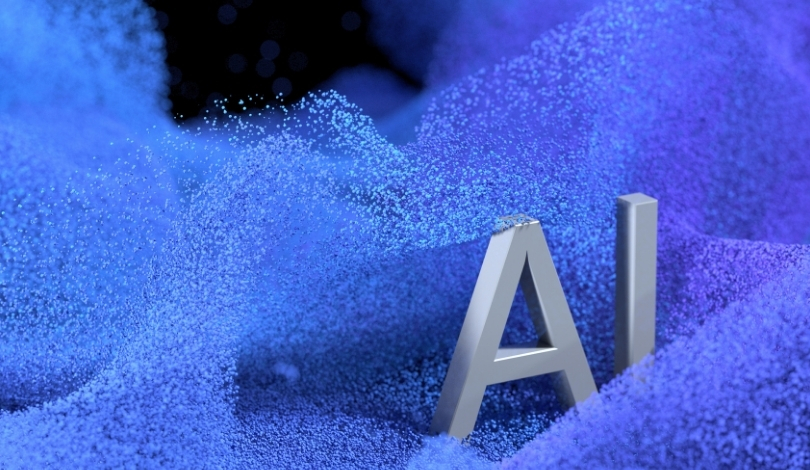The rapid advancement of generative AI threatens to disrupt the flourishing creator economy. Independent creators, who have leveraged platforms like Facebook, Instagram, and TikTok to share their unique content, now face new challenges. AI’s capabilities in generating text, images, and videos could significantly alter how content is produced and consumed, potentially diminishing the human element that has driven the creator economy’s success.
Comparing to prior discussions about the creator economy, the current focus on AI’s impact brings a new dimension. Earlier narratives centered on the democratization of content creation, allowing individuals to bypass traditional gatekeepers. Today’s dialogue, however, emphasizes the potential for AI to either augment or overshadow human creativity. This shift underscores the evolving nature of technological influence on creative industries.
Generative AI: Friend or Foe?
Generative AI, exemplified by tools like ChatGPT and Midjourney, has entered the mainstream, offering unprecedented assistance in content creation. Creators can utilize AI to generate initial drafts, imagery, and even video content, which they can then refine with their expertise. This integration could enhance productivity, enabling faster project completion and more significant innovation.
Economic Implications and Legal Concerns
However, generative AI also poses economic challenges. Businesses might prefer AI-generated content to reduce costs, potentially sidelining human creators. Furthermore, issues of originality and copyright infringement arise, as seen with AI music generators like Suno and Uncharted Labs, which face legal actions for allegedly replicating existing songs. These concerns highlight the complex balance between cost-efficiency and creative integrity.
Human Creativity’s Unique Edge
Despite AI’s capabilities, the unique authenticity of human creativity remains irreplaceable. While AI can produce content quickly, it often lacks the originality that resonates deeply with audiences. This distinction could lead to a premium on human-generated content, where consumers seek out authentic, innovative works. Human creators, with their unparalleled ability to generate original ideas, may continue to stand out amidst AI-generated content.
The ongoing evolution of AI in content creation presents a nuanced landscape. Creators and businesses must navigate the benefits of AI-enhanced productivity against potential economic and legal challenges. Ultimately, the value of human creativity remains a crucial factor. As AI continues to develop, the interplay between human ingenuity and technological assistance will shape the future of the creator economy, ensuring that human touch and innovation retain their significance.










